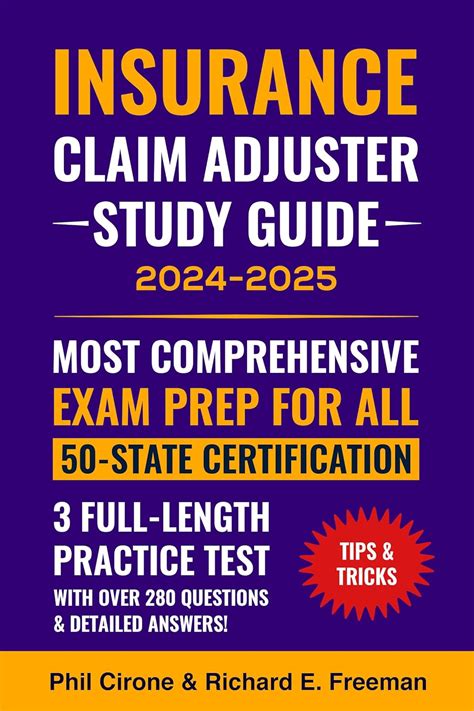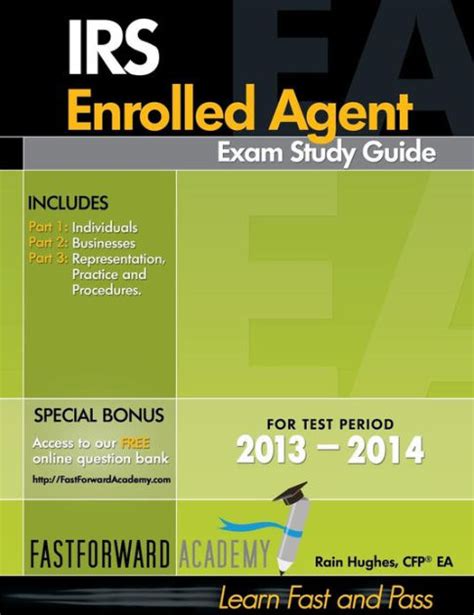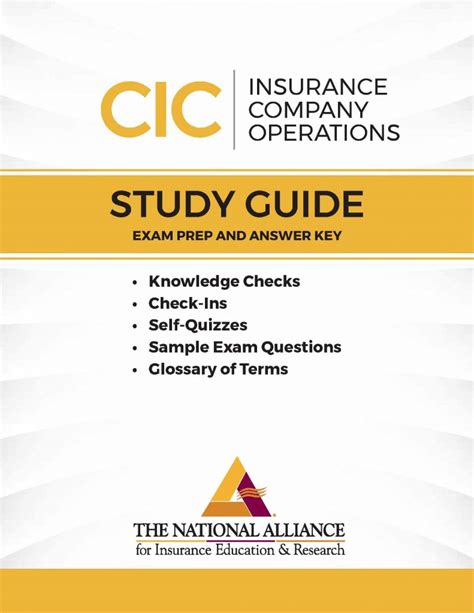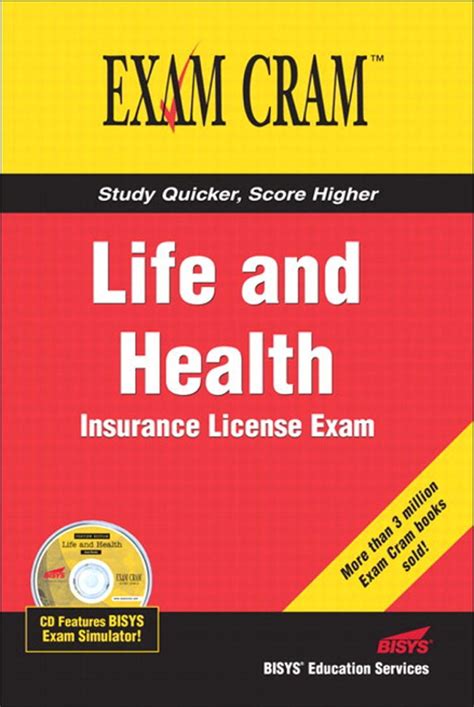In the complex world of insurance, claims adjusters play a crucial role in ensuring fair and accurate processing of claims. As the professionals responsible for evaluating the validity and value of insurance claims, claims adjusters are essential in safeguarding both the interests of policyholders and insurance companies. This comprehensive guide explores the vital role of claims adjusters, delving into their key responsibilities, the skills and qualifications required for the job, and their critical interactions with policyholders. Additionally, we will examine the modern tools and technologies used in the field, as well as the common challenges and career advancement opportunities available to those pursuing this dynamic profession.
Come join dominure.com in exploring this topic extensively.
1. Introduction to the Claims Adjuster Role
A claims adjuster is a professional in the insurance industry responsible for investigating and evaluating insurance claims to determine the extent of the insurer’s liability. They play a critical role in the claims process, acting as intermediaries between insurance companies and policyholders. When an insurance claim is filed, the claims adjuster assesses the situation by gathering detailed information, conducting interviews, and reviewing documentation such as police reports, medical records, and damage assessments.
The primary objective of a claims adjuster is to ensure that claims are handled efficiently and fairly. They analyze the validity of claims, verify coverage, and negotiate settlements, ensuring that both the policyholder and the insurance company are treated equitably. Claims adjusters must possess a deep understanding of insurance policies, legal requirements, and industry standards to accurately assess each claim’s value and determine appropriate payouts.
Moreover, claims adjusters are often required to handle a diverse range of claims, from property and casualty to health and auto insurance. Their work demands a blend of investigative skills, analytical thinking, and effective communication. In a rapidly evolving industry, claims adjusters must also stay updated on technological advancements and regulatory changes to maintain their effectiveness. This section explores the multifaceted role of claims adjusters and their indispensable contributions to the insurance process.

2. Why Claims Adjusters Are Essential in the Insurance Process
Claims adjusters are indispensable in the insurance process due to their pivotal role in assessing and resolving claims. They ensure that the claims are processed fairly and accurately, protecting the interests of both policyholders and insurance companies. By meticulously investigating each claim, claims adjusters verify its legitimacy, determine the extent of the damage or loss, and evaluate whether it falls within the coverage terms of the policy. This impartial assessment helps prevent fraudulent claims, which can lead to increased premiums and financial losses for insurers.
Moreover, claims adjusters facilitate communication between the policyholder and the insurance company, providing clarity and support during the often-stressful claims process. They explain complex policy details, negotiate settlements, and offer a point of contact for any questions or concerns. This interaction helps build trust and transparency, ensuring that policyholders feel heard and respected.
Additionally, claims adjusters play a crucial role in dispute resolution, helping to mediate disagreements over claim settlements. Their expertise and objective approach aid in finding equitable solutions, minimizing potential conflicts. Overall, the expertise and thoroughness of claims adjusters are vital in maintaining the integrity of the insurance process and ensuring that all parties are treated fairly.

3. How Claims Adjusters Evaluate Insurance Claims
Claims adjusters employ a systematic approach to evaluate insurance claims, ensuring accuracy and fairness throughout the process. Initially, they begin with a thorough review of the claim’s details, including the policyholder’s account of the incident, any supporting documents, and the insurance policy’s terms and conditions. This initial assessment helps them understand the scope and nature of the claim.
The next step involves gathering and verifying additional information. Claims adjusters may conduct interviews with the policyholder, witnesses, or other relevant parties to gather firsthand accounts. They also examine physical evidence, such as property damage, medical reports, or police records, to corroborate the details of the claim. In cases involving significant or specialized losses, they might consult with experts, such as engineers, medical professionals, or appraisers, to obtain accurate evaluations of the damages.
After compiling all the necessary information, claims adjusters analyze the data to determine the validity of the claim and the extent of the insurer’s liability. They consider factors such as the cause of the incident, the extent of the damage or loss, and any exclusions or limitations outlined in the policy. Finally, they calculate the appropriate compensation amount and prepare a settlement offer, balancing the interests of the insurer and the policyholder.

4. Key Responsibilities and Duties of a Claims Adjuster
Claims adjusters bear several key responsibilities and duties critical to the insurance claims process. At the core of their role is investigating and evaluating claims to ascertain the validity and extent of the insurer’s liability. This involves conducting thorough interviews with claimants, witnesses, and any involved parties, as well as gathering and examining relevant documentation such as medical reports, police records, and property damage assessments.
A significant duty of claims adjusters is interpreting insurance policies to determine coverage. They meticulously review policy details, identify applicable coverage, and assess any exclusions or limitations that might affect the claim. This requires a strong understanding of insurance law and the ability to navigate complex policy language.
In addition to investigation and analysis, claims adjusters are responsible for negotiating settlements. They work with claimants to reach fair and equitable settlements, considering both the policyholder’s needs and the insurer’s financial obligations. This negotiation process demands strong communication and interpersonal skills, as well as the ability to manage disputes and find mutually agreeable solutions.
Furthermore, claims adjusters are tasked with maintaining detailed records of their findings and decisions. They document all aspects of the claim, from initial assessments to final settlements, ensuring transparency and accountability. This comprehensive documentation is essential for resolving disputes and auditing purposes, making it a fundamental part of their duties.

5. What Skills and Qualifications Are Needed to Become a Claims Adjuster
Becoming a claims adjuster requires a blend of specific skills and qualifications. A strong educational background, typically a bachelor’s degree in insurance, finance, business, or a related field, is often essential. In addition to formal education, obtaining relevant certifications, such as those from The Institutes or a state-issued adjuster license, enhances a candidate’s credentials and demonstrates professional competency.
Critical skills include excellent analytical and investigative abilities, as claims adjusters must scrutinize complex information and determine the legitimacy of claims. Strong communication skills are crucial for interviewing claimants, negotiating settlements, and clearly explaining policy details. Additionally, claims adjusters should possess good organizational skills to manage multiple claims simultaneously and maintain detailed records. Proficiency in using technology and software tools for documentation and data analysis is increasingly important in the modern insurance landscape. Lastly, a keen understanding of insurance law and policy interpretation is vital for accurately assessing coverage and liability.

6. The Claims Adjuster’s Interaction with Policyholders
The interaction between claims adjusters and policyholders is a crucial aspect of the insurance claims process. Claims adjusters serve as the primary point of contact for policyholders during the often-stressful period following a loss or incident. They play a vital role in providing clarity and guidance, helping policyholders understand the claims process, the coverage provided by their policies, and the steps required to resolve their claims.
Effective communication is essential in this role, as adjusters must explain complex policy details in a way that is easy for policyholders to understand. They also gather crucial information by interviewing policyholders, documenting their accounts of the incident, and verifying the accuracy of their claims. Throughout this process, adjusters must demonstrate empathy and professionalism, addressing any concerns or questions the policyholder may have.
Furthermore, claims adjusters are responsible for negotiating settlements with policyholders. This involves balancing the needs and expectations of the policyholder with the financial interests of the insurance company. Maintaining transparency and fairness during these negotiations is key to fostering trust and ensuring a satisfactory resolution for both parties.

7. Technology and Tools Used by Claims Adjusters
Claims adjusters rely on various technologies and tools to streamline and enhance their work. Modern software systems are central to their operations, providing platforms for managing claims, documenting findings, and processing settlements. Claims management software helps adjusters track the progress of each claim, store relevant documents, and communicate with stakeholders efficiently.
Adjusters also use digital tools for data collection and analysis. For instance, mobile apps and digital cameras enable them to capture photos and videos of damage, facilitating remote assessments and evidence gathering. Geographic Information Systems (GIS) and mapping software assist in evaluating property damage by providing detailed visual and spatial information.
In addition, adjusters employ various communication tools, such as email and video conferencing, to interact with policyholders and other parties involved in the claims process. These technologies improve response times and support more effective communication. Overall, the integration of these tools enhances the efficiency, accuracy, and effectiveness of the claims adjustment process.

8. Common Challenges Faced by Claims Adjusters
Claims adjusters face several common challenges in their roles. One major challenge is managing high volumes of claims, which can lead to increased workload and pressure to process claims efficiently while maintaining accuracy. This is often compounded by complex cases that require detailed investigation and expert consultation.
Another challenge is dealing with policyholders who may be distressed or frustrated, which demands strong interpersonal skills and empathy. Adjusters must navigate these interactions delicately to maintain positive relationships and ensure clear communication.
Additionally, claims adjusters frequently encounter difficulties related to fraudulent claims. Identifying and managing potential fraud requires keen analytical skills and vigilance. They must also stay updated on evolving insurance laws and regulations, which can be time-consuming and require continuous education. Balancing these demands while delivering fair and timely settlements is a significant challenge in the claims adjustment process.

9. The Claims Adjuster’s Role in Dispute Resolution
The claims adjuster plays a crucial role in resolving disputes that arise during the claims process. When disagreements occur between policyholders and insurance companies regarding claim settlements, adjusters act as mediators to facilitate resolution. Their objective is to address and resolve conflicts fairly and efficiently, ensuring that both parties are heard and understood.
To effectively manage disputes, claims adjusters must thoroughly review all relevant documentation, including policy details, damage assessments, and correspondence between the parties. They engage in detailed discussions with both the policyholder and the insurer to clarify any misunderstandings and negotiate potential solutions. This process often involves re-evaluating the claim, reassessing damages, or exploring alternative settlement options.
Adjusters must employ strong negotiation skills and impartiality to mediate between conflicting interests. They work to find a compromise that aligns with the policy terms while addressing the concerns of the policyholder. Their ability to resolve disputes effectively helps maintain trust and satisfaction among policyholders, while ensuring that insurance companies adhere to fair and equitable practices.

10. Career Path and Advancement Opportunities for Claims Adjusters
A career as a claims adjuster offers several pathways for advancement and professional growth. Starting as a junior or entry-level adjuster, individuals can gain experience and expertise in handling various types of claims. With experience, they may advance to senior adjuster roles, where they handle more complex claims and take on additional responsibilities.
Further career progression can lead to managerial positions, such as claims manager or supervisor, overseeing teams of adjusters and ensuring the efficiency of the claims process. Adjusters may also specialize in areas like property, auto, or health insurance, becoming experts in their chosen field.
Continuing education and obtaining advanced certifications can enhance career prospects. Professional designations, such as Certified Claims Professional or Chartered Property Casualty Underwriter, can open doors to higher-level roles and increased responsibilities. Networking within industry associations and staying updated on industry trends also contribute to career growth and advancement opportunities.

Claims adjusters are integral to the insurance process, ensuring fair and accurate claim evaluations while balancing the interests of both policyholders and insurers. Their role involves thorough investigation, effective communication, and adept use of technology. Despite facing challenges such as high caseloads and potential disputes, claims adjusters play a crucial part in maintaining trust and efficiency within the industry. As they na
dominure.com

